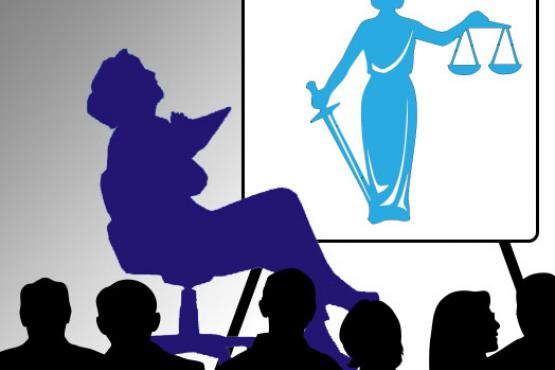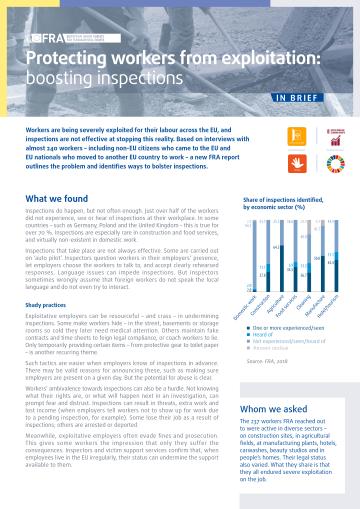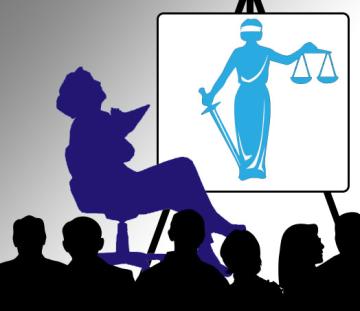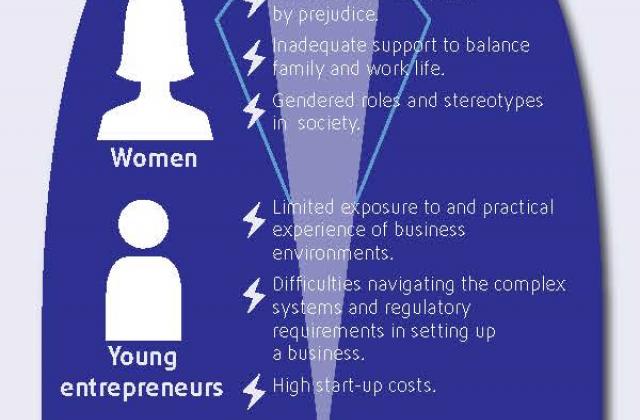Drittijiet tan-negozju u tal-bniedem
Highlights
- Report / Paper / Summary6October2020Business activity affects not just customers, employees, and contractors along supply chains, but often entire communities and the environment. This makes it vital that every business complies with human rights. This comparative report looks at the realities victims face when they seek redress for business-related human rights abuses. It presents the findings of fieldwork research on the views of professionals regarding the different ways people can pursue complaints. The findings highlight that obstacles to achieving justice are often multi-layered.
- Report / Paper / Summary5August2015This report seeks to demonstrate that the fulfilment of fundamental rights can help to improve the situation and achieve the strategic goals set out in the Europe 2020 growth strategy, which aims to establish a smart, sustainable and inclusive economy.
- Opinion / Position Paper10April2017The Council of the EU requested this FRA Opinion in its Conclusions on business and human rights. The expert opinion sought from FRA was to look at “possible avenues to lower barriers for access to remedy at the EU level” – the third of three pillars of the UN Guiding Principles.
- Report / Paper / Summary5September2018Severe labour exploitation is widespread across the European Union. While workplace inspections can help counter this phenomenon, they need to be strengthened to do so effectively. Based on interviews and focus group discussions with almost 240 exploited workers active in diverse economic sectors, this report provides important evidence on how unscrupulous employers manipulate and undermine inspections, and on what can be done to counteract such efforts.












